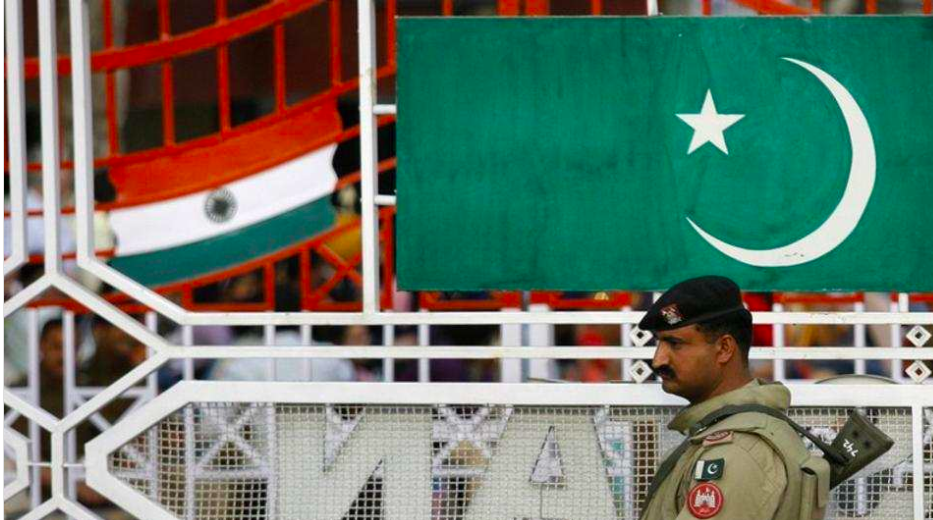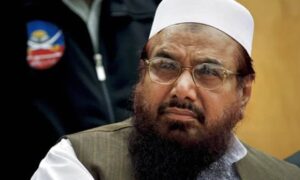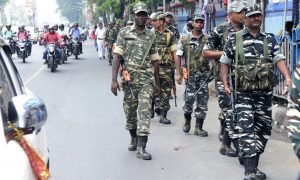These talks must focus on low hanging fruit while chipping away at the more contentious issues
If India and Pakistan have been unable to resume some form of dialogue in the 10 years since the 2008 Mumbai terror attacks, it is not for want of trying. The two sides have gone through the one step forward, two steps back routine several times in the years since. Indian leaders have made concessions on key issues such as Balochistan and undertaken surprise visits to Pakistan to get the ball rolling, and the national security advisers of the two sides have held secret meetings to help ease tensions. But the two sides never came to grips with the main issues that have bedevilled the bilateral relationship.
India has consistently maintained that talks and terror cannot go together, a stand that isn’t surprising given the global clamour for Pakistan to do more to tackle terrorism emanating from its soil. Many in Pakistan are still reluctant to acknowledge how much of a game changer the terrorist assault on Mumbai was, and for millions of Indians, there is no sense of closure as Pakistan seems to be still dragging its feet on prosecuting those responsible for the attacks that killed 166 people. For Pakistan, Kashmir remains the “core issue” to be addressed through any talks, and a worsening of the situation in the Indian state in the past few years appears to have only hardened the stance of the Pakistani leadership on this issue.
There are numerous takers for the theory that Pakistan’s former prime minister, Nawaz Sharif, was targeted by the military for opposing its stranglehold on foreign policy by extending a hand of friendship to India. There are also many in India who believe Mr Sharif’s successor, Imran Khan, is in power today largely because he has the blessings of the military establishment and will thus toe the army’s line on all matters related to India. And as India pursues plans to consolidate its position in Asia, there is an inevitable feeling that Islamabad no longer figures on New Delhi’s, at least not for the foreseeable future.
Mr Khan has already gone on record as saying that talks may be possible only after India’s general elections in 2019. However, Mr Khan needs to keep in mind the fact that any dispensation in New Delhi will be reluctant to engage with Islamabad as long as members of his cabinet openly share the stage at public events with Lashkar-e-Taiba founder, Hafiz Saeed. The two sides have to put in place a format for talks that is insulated from interruptions and focuses on low hanging fruit while chipping away at the more contentious issues.




























 WhatsApp us
WhatsApp us
Pingback: Jelle Hoffenaar
Pingback: 메이저바카라
Pingback: 카지노사이트
Pingback: https://www.pinterest.com/ketquaxosotv/
Pingback: keto review
Pingback: nu golf thu xinh dep
Pingback: blazing trader
Pingback: rjrroofingandsiding.com
Pingback: Robotic Automation Testing
Pingback: DevOps
Pingback: devsecops services
Pingback: Rolex Replik
Pingback: this site
Pingback: replique montre
Pingback: swiss rolex datejust replica 116334 020 stainless steel 410l bracelet automatic 41mm
Pingback: replica cartier
Pingback: covid-19 thailand
Pingback: sagame
Pingback: Online casino
Pingback: Phygital Retailing
Pingback: a must have watch for global travelers rolexs gtm replica watch ?preview_id=22086&preview_nonce=9c1f56f96d&preview=true
Pingback: nova88
Pingback: Ontraport Review
Pingback: MILF chat
Pingback: Goteborg escorts
Pingback: maxbet
Pingback: จำนองบ้าน
Pingback: cornhole wrap
Pingback: คลิปหลุดใหม่
Pingback: magic mushroom dispensary
Pingback: Ammunition for sale online
Pingback: check here
Pingback: i was reading this
Pingback: psilocybin chocolate bar,
Pingback: additional hints